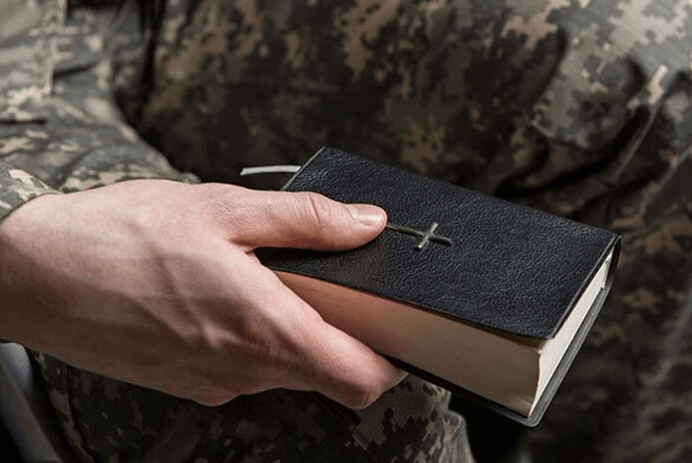The Supreme Court decided that during martial law, religion does not exempt from service in the Armed Forces of Ukraine

The Supreme Court of Ukraine ruled that, under martial law, religion is not a reason to exempt citizens from military service. The decision, in particular, considered the situation concerning believers of Jehovah’s Witnesses, whose religious beliefs prohibit them from participating in any form of military service. This was reported by the press service of the Supreme Court.
It was a criminal proceeding in which a man who received a summons was found guilty of failing to appear at the territorial recruiting and social support center for service without good reason. The lower courts convicted him under Article 336 of the Criminal Code of Ukraine, sentencing him to three years in prison.
The defense insisted that the accused did not appear before the TCC because of his membership in the religious community of Jehovah’s Witnesses, for which the ban on military service is a fundamental part of the creed. According to the defense attorney, criminal prosecution of his client is inadmissible due to deep religious beliefs.
The court noted that Ukraine provided for the possibility of alternative (non-military) service in peacetime, and citizens can use this option. However, during martial law, in conditions of mobilization, “the duty to protect Ukraine rests on all citizens of Ukraine, regardless of their religion.”
The court’s decision also cites the practice of the European Court of Human Rights, which emphasizes the importance of taking into account “special public need” in cases where it is necessary to balance the fulfillment of duties and freedom of religion. At the same time, the Supreme Court emphasized that none of the ECtHR’s decisions related to circumstances similar to the large-scale war that Ukraine is waging today, so the existing legal context is significantly different.
The press service added that a general mobilization of persons on military registration has been announced in Ukraine. It is not about conscription in peacetime, as in the cases considered by the ECtHR, but about mobilization in wartime. The court came to the conclusion that the legal regime of martial law in Ukraine is a strong enough reason to consider the obligation of military service mandatory for all citizens, including representatives of religious communities such as Jehovah’s Witnesses.





